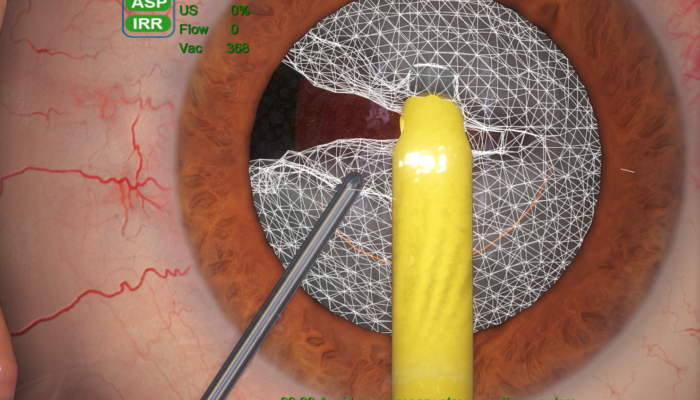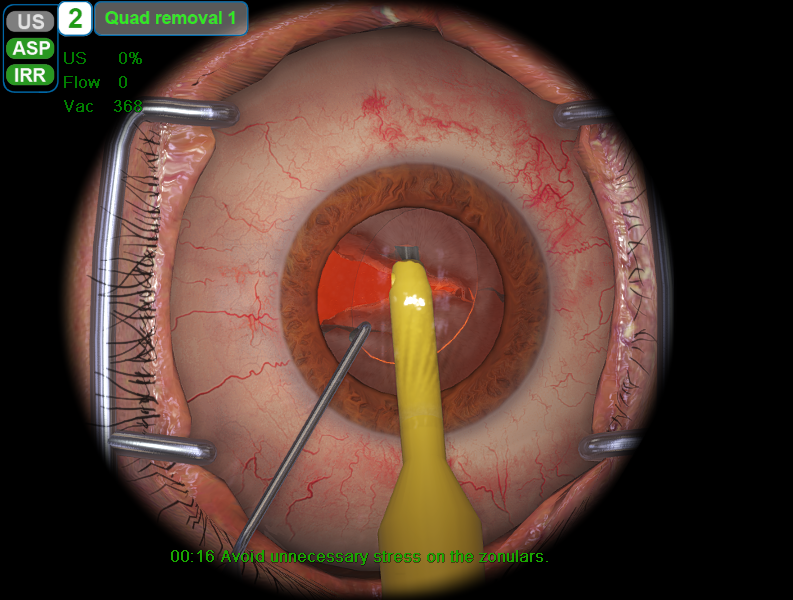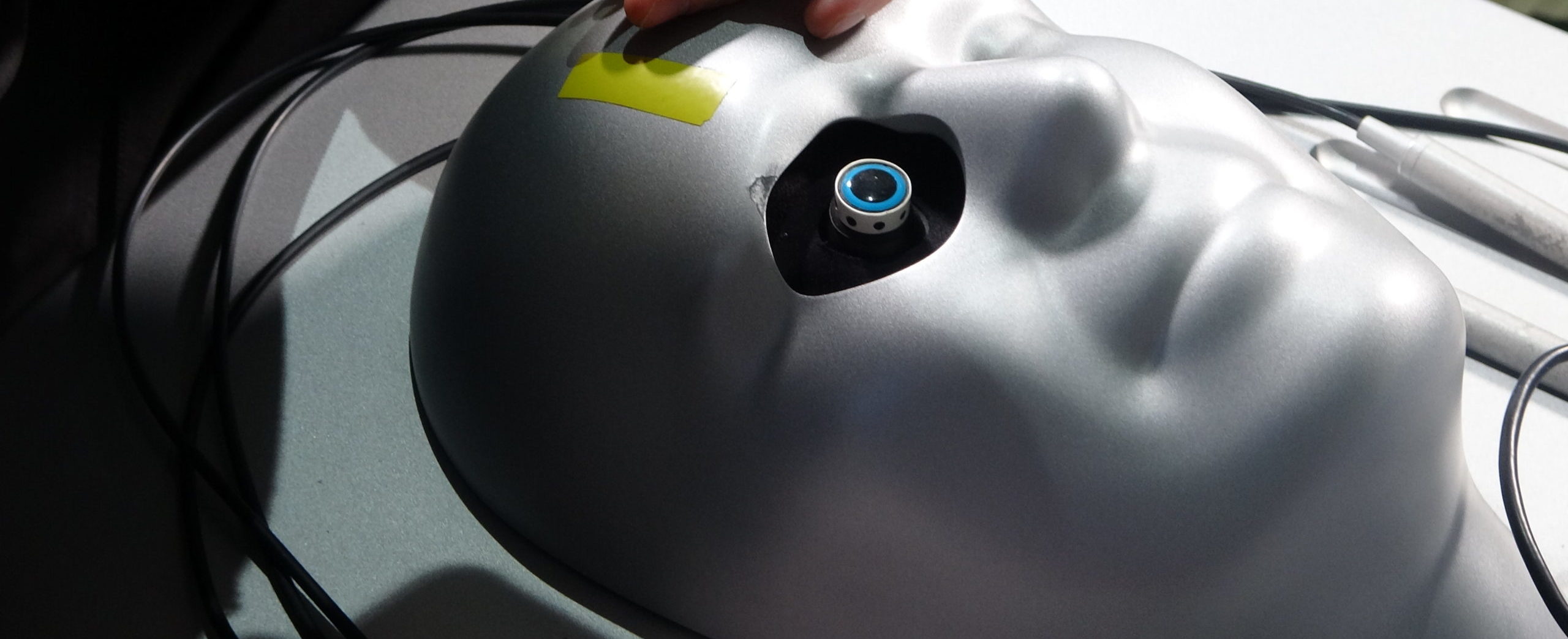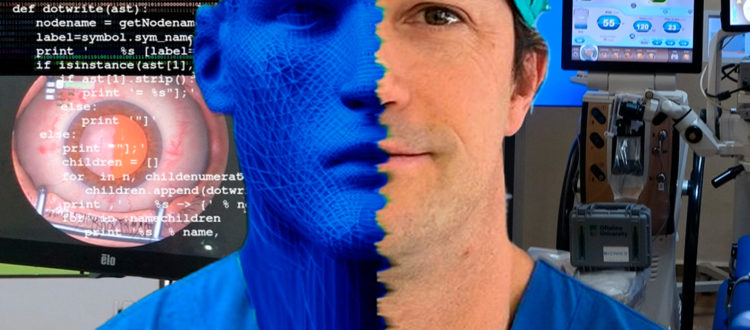The education community’s unbiased hub for information on ophthalmic simulation
"You will become an expert through your mistakes." -German proverb
Introduction
Ophthalmological training has been improving exponentially with new technology. Nonetheless surgical training still largely follows the Halstedian “see one, do one, teach one” approach published in 1904. Over the past nine years the education advocacy organization Oftalmo University has explored new, inclusive, science based, and sustainable ways to improve training in microsurgery.
Today ophthalmic educators should be able to say confidently that simulation is, when deployed purposefully, the most crucial factor in enhancing a surgeon’s skills at all levels. Therefore, simulation must be deemed essential in modern and systematic surgical training for tomorrow’s eye surgeon.Unfortunately, the adoption of this gold standard is slow worldwide due to economic barriers and sometimes sadly resistance to change by institutional and or organizational leaders. It is also true the slow pace change rests partly with so-called “realistic surgical simulations” that need to be better for technology to further accelerate skill transfer.
Now the ophthalmic surgical simulation landscape is about to change for the better with numerous new simulation platforms becoming commercially available to ophthalmic educators.
Why have we created the Simulation Surgeon portal now?
“There is only one shortcut to mastery and that is to have a great mentor” -Robert Greene
To change the way we train surgeons we need a mentor who can work overtime and help embed in the learner skills they must master on the road to surgical proficiency.The mentor should be an expert who has “walked t path” and can transform novices into exceptional surgeons through rigorous training in a wholly simulated environment. The wise Simulation Surgeon understands active learning in an immersive and ever changing virtual surgical environment, Through a mentor this simulated environment can take learners from theory to simulation and then to the operating room. Procedural knowledge can only be transferred by active learning in a simulated environment so there is no shortcut if excellence and predictable patient outcomes are our shared objective. Therefore why we created Simulation Surgeon is to offer colleagues an online portal to access objective information on the relative skill transfer capabilities of all ophthalmic surgery simulations available to educators today. Simulation Surgeon begins with the baseline belief that more simulator offerings to the education community is key to accelerating skill transfer and wider use of technology in surgical training.

To change the way we train surgeons we need a mentor who can work overtime and help embed in the learner skills they must master on the road to surgical proficiency.The mentor should be an expert who has “walked t path” and can transform novices into exceptional surgeons through rigorous training in a wholly simulated environment. The wise Simulation Surgeon understands active learning in an immersive and ever changing virtual surgical environment, Through a mentor this simulated environment can take learners from theory to simulation and then to the operating room. Procedural knowledge can only be transferred by active learning in a simulated environment so there is no shortcut if excellence and predictable patient outcomes are our shared objective. Therefore why we created Simulation Surgeon is to offer colleagues an online portal to access objective information on the relative skill transfer capabilities of all ophthalmic surgery simulations available to educators today. Simulation Surgeon begins with the baseline belief that more simulator offerings to the education community is key to accelerating skill transfer and wider use of technology in surgical training.

Simulation Surgeon also believes every simulator platform cannot be assumed to be the same as other simulators. Therefore every simulator must be vetted by the education community. The first widely used simulator in ophthalmic surgical training was the Haag Streit Eyesi surgical simulator (formerly VRmagic). At Oftalmo University we offer intensive training using this simulator as well as wet lab and artificial eyes. We use that simulator for it’s known capacity to fulfill the core mission of a Simulation Surgeon. But our team would happily also use any other simulators known to be a powerful tool in the hands of a Simulation Surgeon.
With the arrival of new simulators many colleagues have asked about these new simulators. To some degree the simulation landscape is now a bit confusing to many educators.
We wanted Simulation Surgeon to be an honest unbiased place to seek sound information on the merits, training content, scoring assessment, scope of training, research validating skill transfer, and cost.What is a Simulation Surgeon?
“A simulation surgeon is an expert micro surgeon who is also capable of being a high impact educator and a mentor in a simulated environment.” -Ivo Ferreira
A Simulation Surgeon is an expert microsurgeon who is also an educator and mentor in a simulated environment. A Simulation Surgeon is at heart a passionate and knowledgeable educator who can mentor learners through simulation simulation practice with the goal of instilling a mindset in the learner of continuous improvement long after the learner’s formal residency is completed..
To all colleagues this next point is key. A wise Simulation Surgeon has mastered three key areas of skills:psychomotor skills, cognitive skills, and mindset skills, and can train other colleagues in these areas in a disciplined and predictable manner. So when we as Simulation Surgeons consciously combine simulation technology, with teaching methodology, and mentorship we can with simulation foster profound change for the better.

How do we as Simulation Surgeons make that desire change happen?
“If you can't fail you cannot learn” -Eric Ries
Active learning is crucial to efficiently transfer skills, but we must learn from our mistakes, and we must be ready to face complex cases and complications in a simulated environment. This is because we do not want other human beings to suffer the consequences of a surgeon in training. In a simulated environment, there is a high number of repetitions, objective metrics, variability of clinical cases. Most importantly, simulation is the best way to communicate with mentors as the patient has been removed from the learning loop. This allows for deliberate practice to be executed correctly and opens the door to an accelerated learning ecosystem. Three key elements contribute to this ecosystem: technology, methodology, and mentorship.


